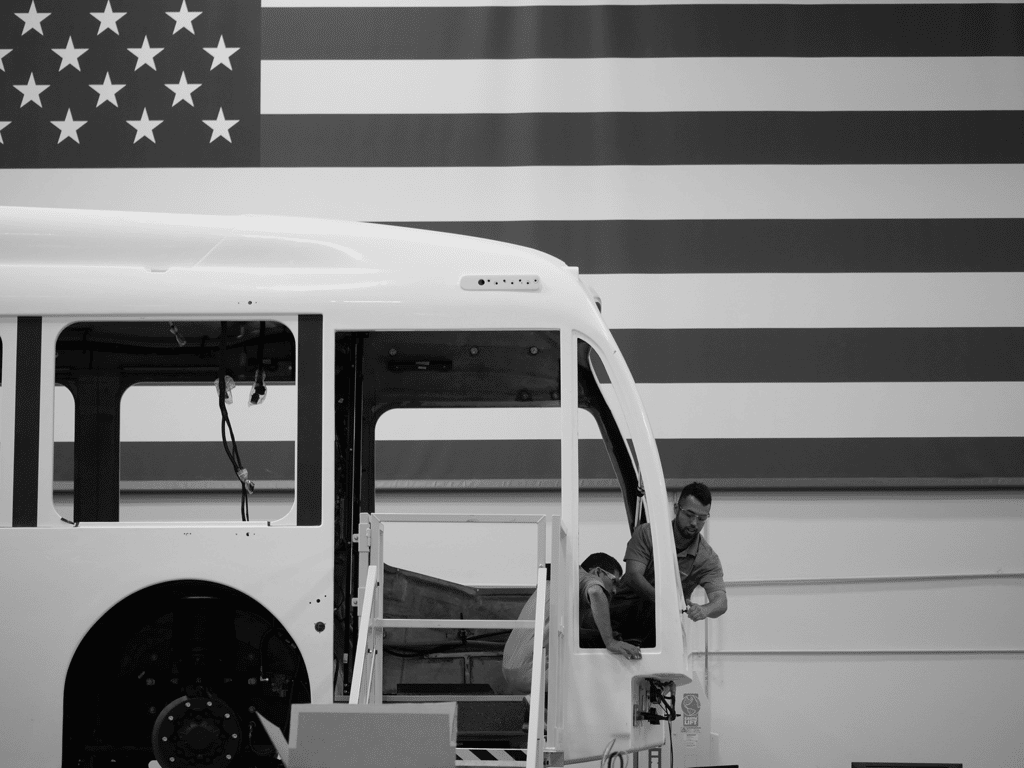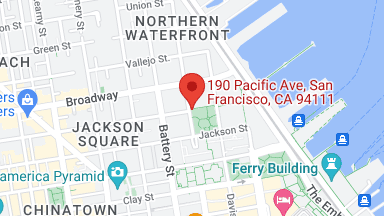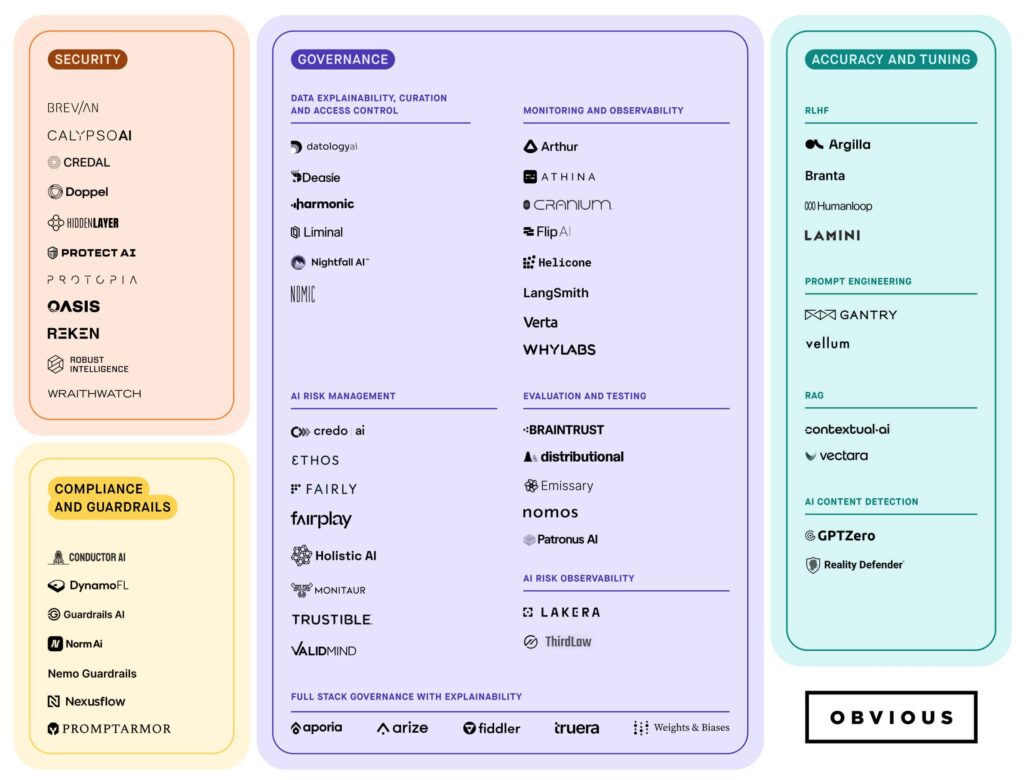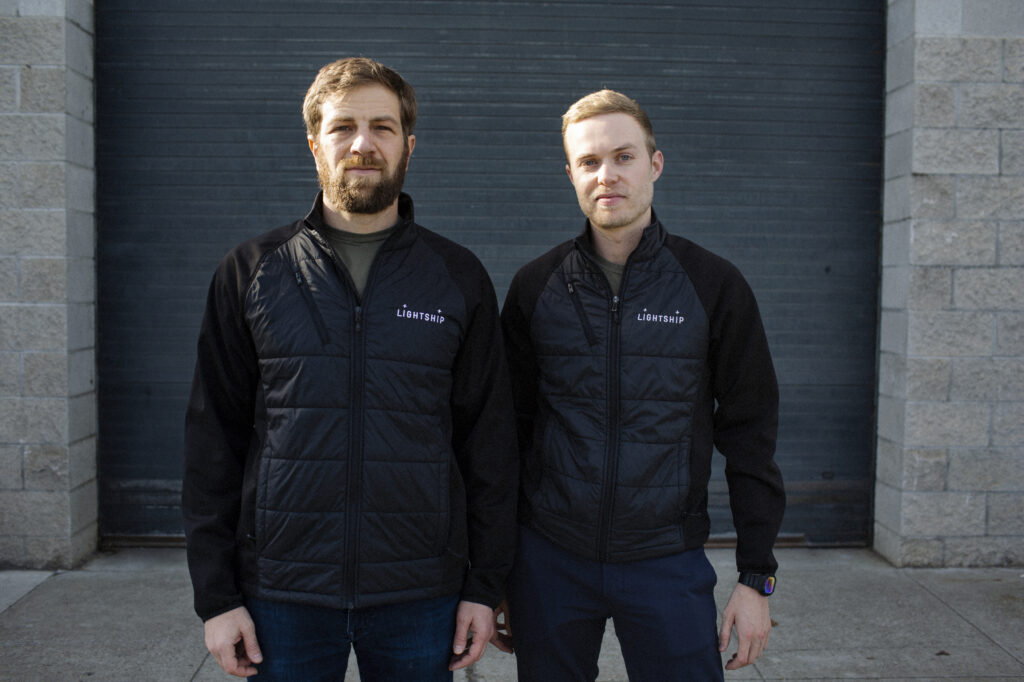The Top Ten World Positive Stories of 2018
Just in time to restore your faith in the world
Obvious |
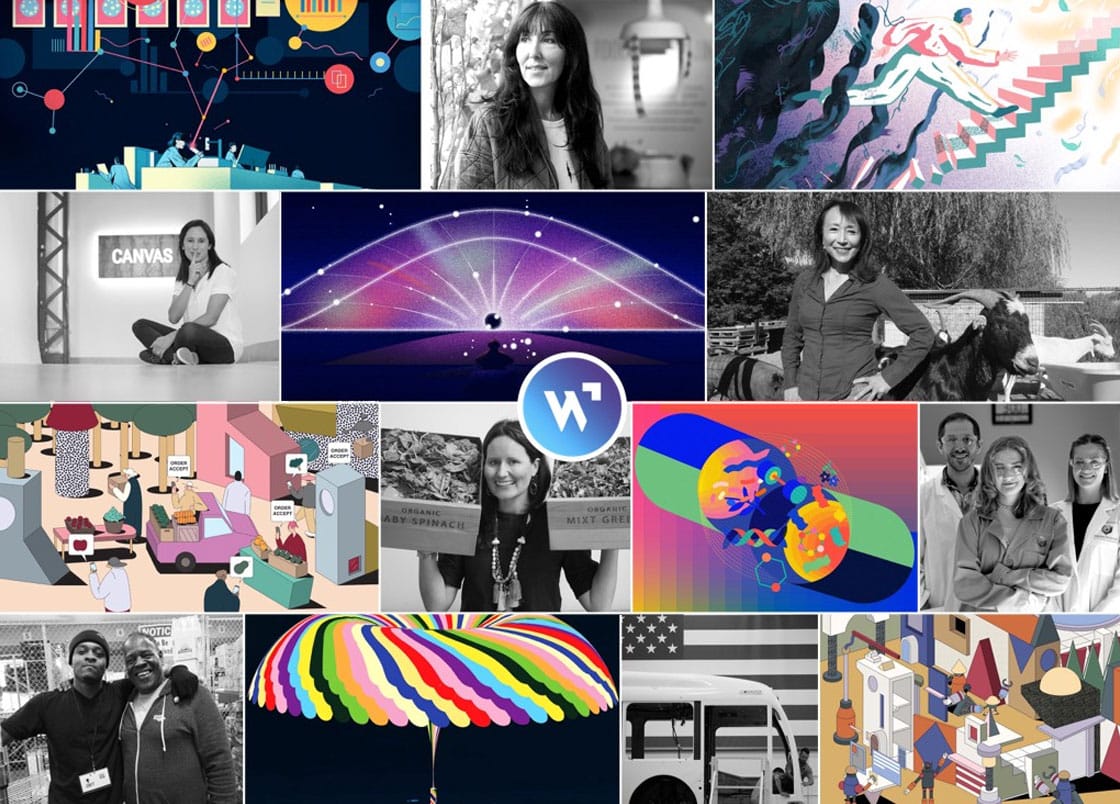
Media is likely to define 2018 as an unending cavalcade of tragedies. Freshly crowned #1’s hit nearly every Worst _____ of All-Time list: hurricanes, wildfires, mass shootings, violence against journalists, sexual misconduct scandals, data breaches, and more. Even a dedicated optimist like me can’t deny the disaster narrative.
But this isn’t the whole story. It was also a year of discovery, resilience, and groundbreaking progress—with market-based (and other) solutions addressing many of the challenges before us. In no particular order, here’s my top ten.
1. Blackrock Picks ‘Purpose’ For $6 Trillion
The world’s largest asset manager, Blackrock, kicked off 2018 with a purpose-driven bang. In his annual letter to CEOs, Blackrock Chief Executive Larry Fink stated: “To prosper over time, every company must not only deliver financial performance, but also show how it makes a positive contribution to society…Without a sense of purpose, no company, either public or private, can achieve its full potential…And ultimately, that company will provide subpar returns to the investors who depend on it to finance their retirement, home purchases, or higher education.” We agree.

2. Beyond Burgers Are the Main Course (With a Side of Environmental Benefits)
Beyond Meat filed for IPO in November. From Whole Foods to TGI Friday’s, it has over 28,000 points of distribution across the U.S. and abroad. 93% of recent Beyond Burger buyers at Kroger also purchased animal protein during the same period, further evidence that Beyond Meat is now able to compete directly in the $1.4 trillion global meat industry. The results of a University of Michigan-run, peer-reviewed life cycle assessment comparing the environmental impacts associated with producing a 1⁄4-lb Beyond Burger versus a 1⁄4-lb, standard 80/20 beef burger were dramatic:
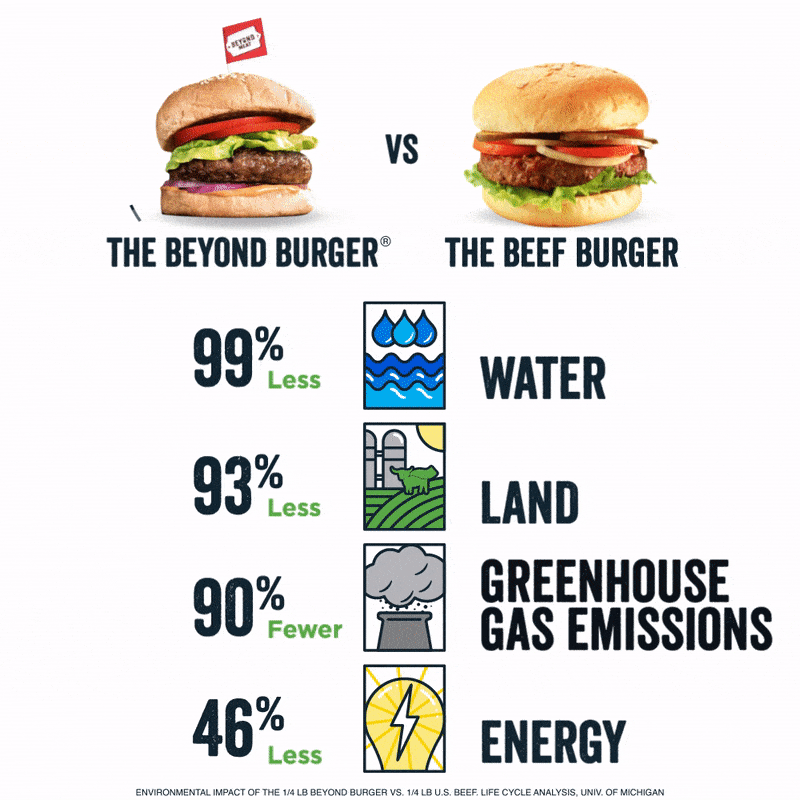
3. (Above Ground) Diamonds Are Forever
In July, the FTC declared diamonds are diamonds—whether mined underground or grown more ethically and sustainably above ground—by removing the word “natural” from its definition of diamond. This environmentally destructive, socially corrosive, cartel-dominated industry is now officially on notice, with Diamond Foundry leading the charge.

4. Drug Discovery, Machine Learning-Style, Goes Clinical
In July 2018, one of the first machine learning-discovered compounds was approved by the FDA for phase one clinical trials targeting cerebral cavernous malformation, a genetic disease affecting 1.5 million people domestically. With the broadest ML-discovered drug pipeline in the world, the team behind it at Recursion Pharmaceuticals is accelerating drug discovery at an unprecedented speed and scale through computational biology.
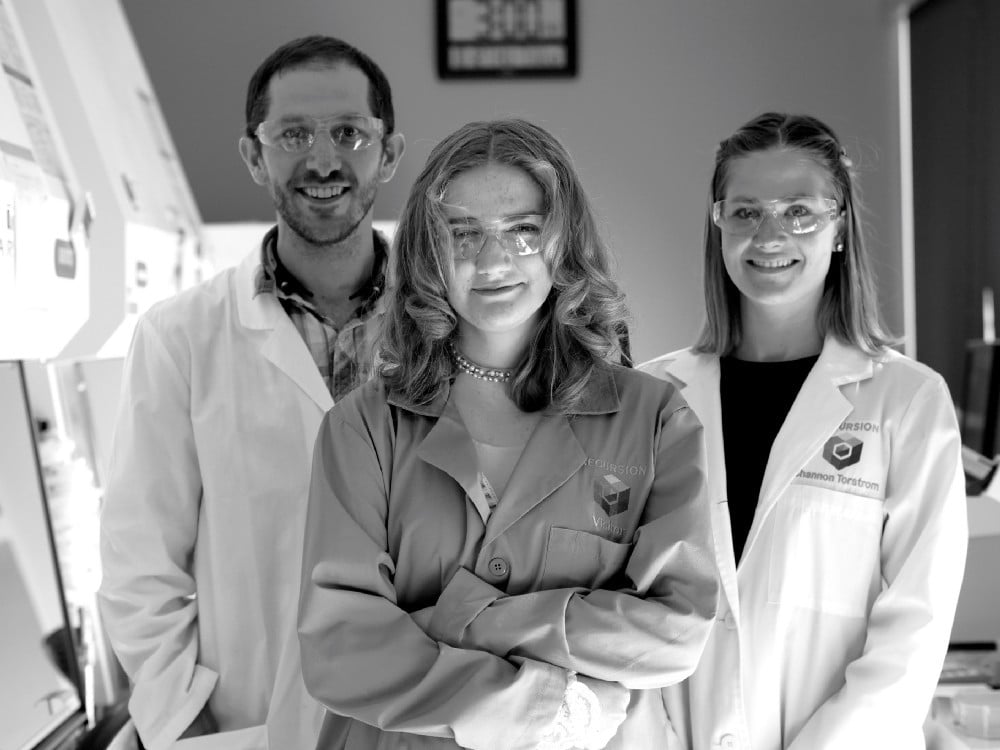
5. Type Two Diabetes is Demonstrably Reversible
In its efforts to reverse type two diabetes, Virta Health published its year-long, peer-reviewed research on their treatment and its impact on patients. The results were striking: Virta’s program improved health outcomes associated not only with type 2 diabetes, but also obesity, atherogenic dyslipidemia, hypertension, inflammation, and cardiovascular disease. And clients only pay when Virta delivers results.
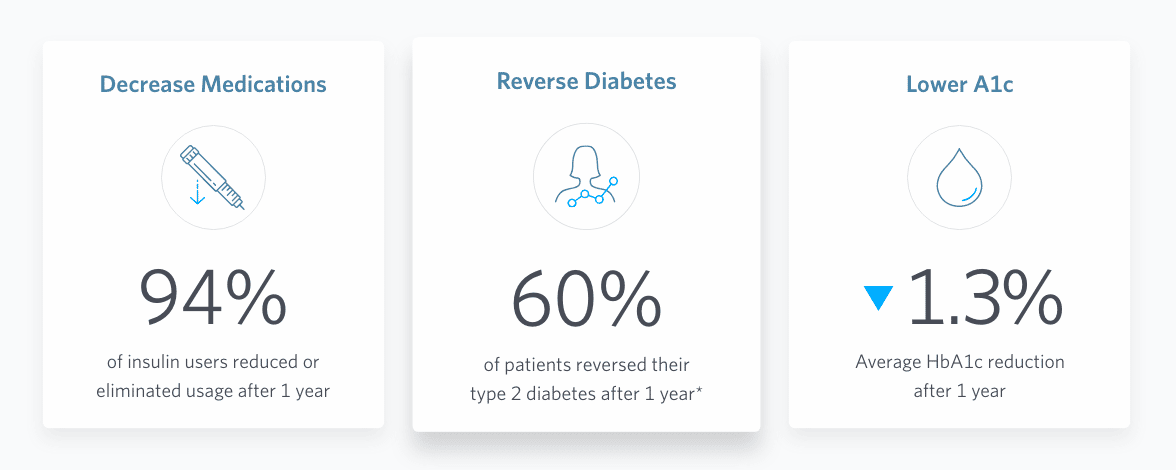
6. A Unicorn Took 5x *Less* Funding Than It Could Have
Why is this a headline? Because values-driven leadership, a focus on customers, and thoughtful growth deserves it. In Erin Griffith’s New York Times piece “$100 Million Was Once Big Money for a Start-Up. Now, It’s Common.”, CEO Josh Reeves stated that while Gusto raised $140 million in July, they could have done five times that. “He acknowledged that founders who obtain outsize sums of capital can get caught up in a ‘growth at any cost’ mentality. That is why he chose not to maximize his funding round despite the intense interest. ‘It’s up to the founder to realize that’s a distraction,’ he said. ‘Success is not having more money or a bigger team, but having more customers or revenue.’”
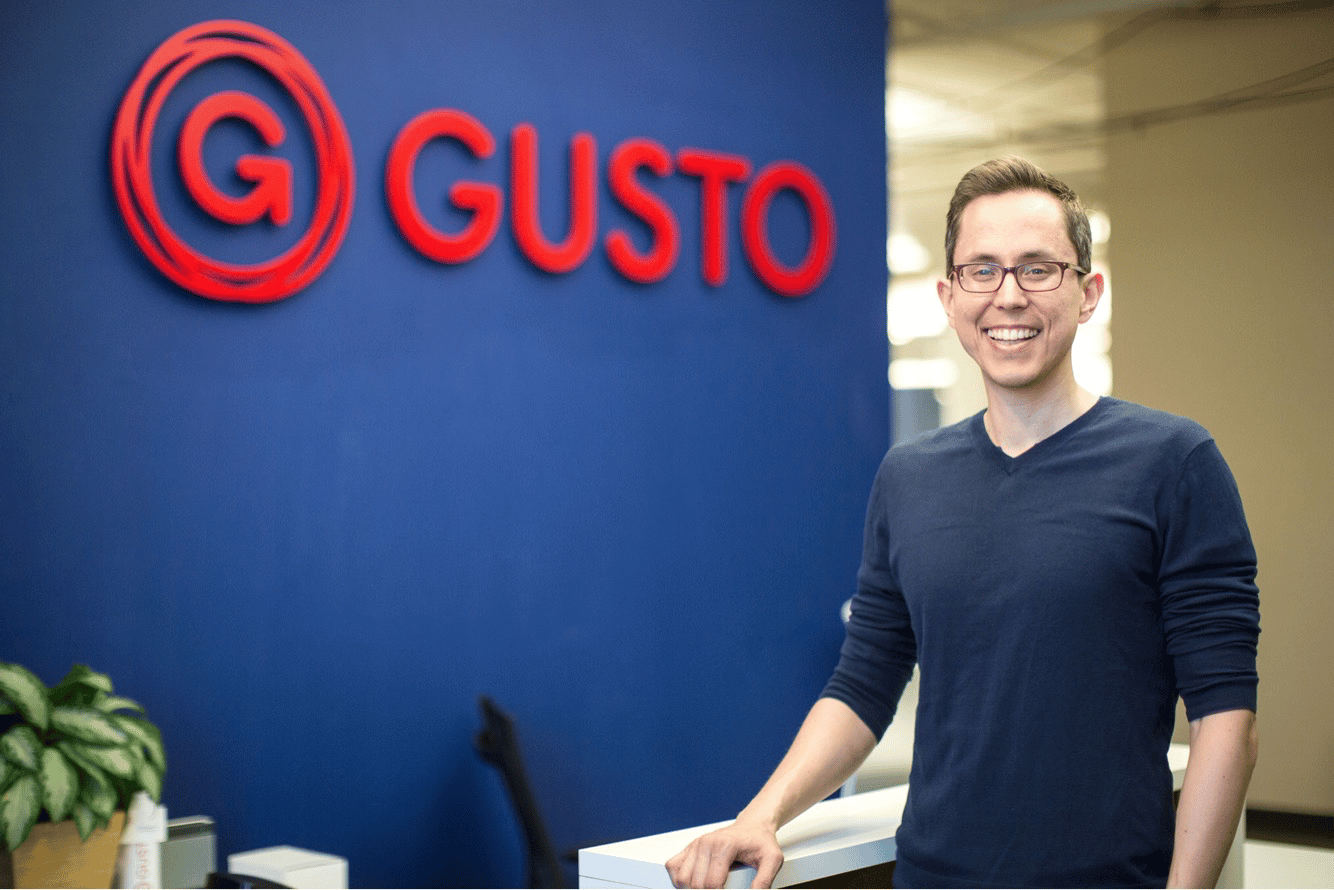
7. Tiny Satellites Make a Big Difference
Fighting wildfires, accurately assessing earthquake and tsunami damage, and detecting North Korea’s expanding missile bases. What do these have in common? Planet’s tiny Dove satellites, which are capturing every piece of earth’s landmass daily. The stories of their impact, especially in a year like 2018, are growing weekly and far too extensive to list here.

8. Stanford Computer Geeks Get a Dose of Ethics, and So Too Will Big Tech
To suggest we’ve had a moral crisis in Silicon Valley leadership would be an understatement, and the source code rests within an ancient piece of hardware known as the human brain. This year it appears that the talent pipeline from Stanford (and Harvard, MIT, Carnegie Mellon, and more) to Big Tech might be getting a dose of practical ethics. The team behind Stanford’s CS181 class are reimagining the course curriculum from within, integrating ethical and unintended consequence considerations into coding work rather than as an add-on. For the single largest major (computer science) at the world’s most elite university (Stanford), the impact on technology companies and beyond could be profound.
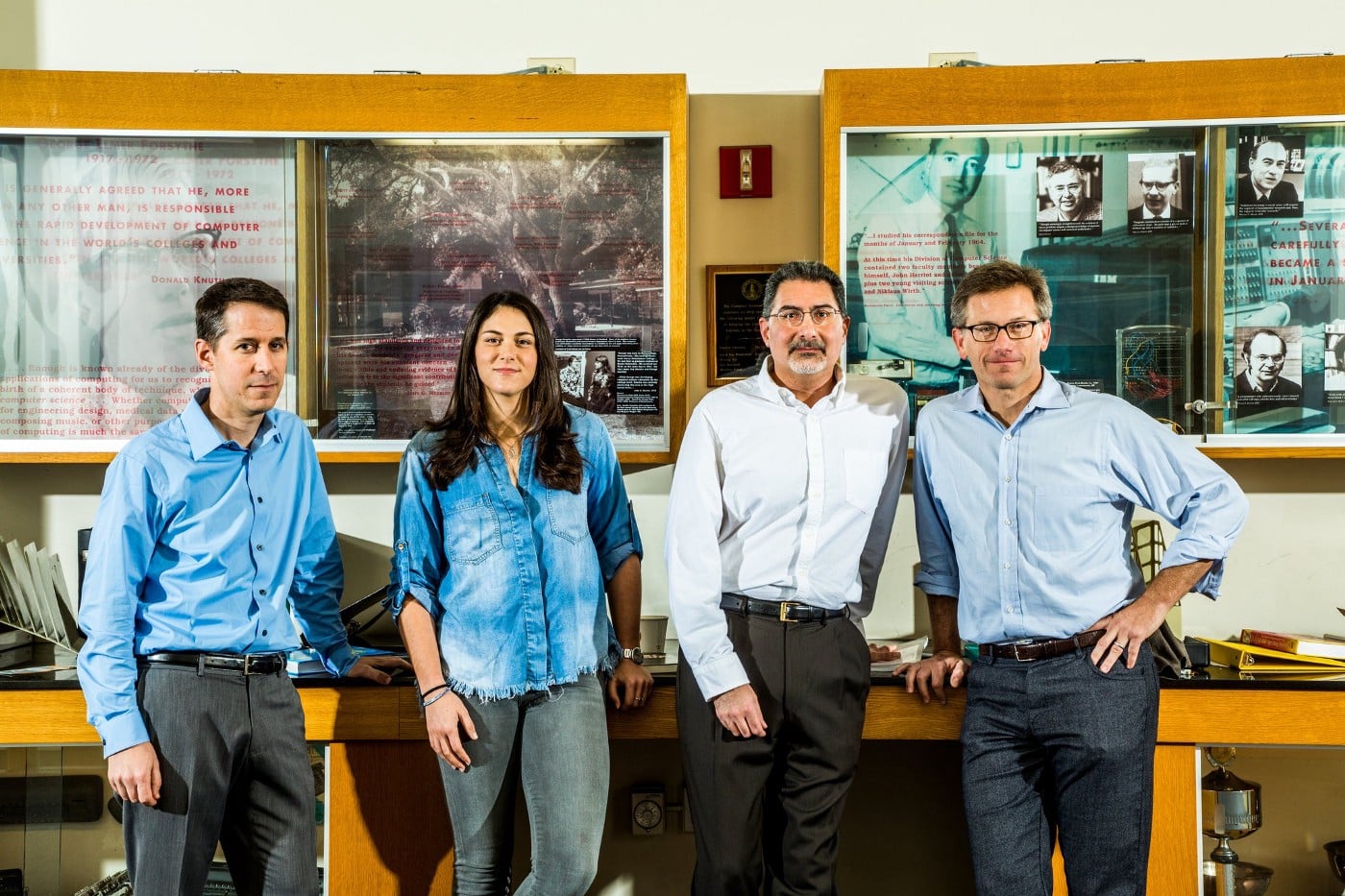
9. Serial Perpetrators in Silicon Valley Put On Notice
Over 20 percent of female founders have experienced sexual misconduct from investors, with limited options for recourse. This is appalling and unacceptable, especially given that the majority of these crimes are committed by repeat offenders. To the rescue: Callisto, a platform whose mission is to combat sexual assault and professional sexual coercion. Callisto provides survivors with trauma-informed options for reporting sexual misconduct, starting with a “Matching Escrow” (victims input the identity of their perpetrators under the precondition that, if a match is found, a Callisto Options Counselor will reach out to each victim individually) followed by legal options counseling (the counselor advises victims on their choices following a match, including reporting—only if this is the right route for them). They expanded beyond college campuses and launched in the tech industry this fall, with a list of backers including Obvious Ventures, Greylock, First Round Capital, Uncork Capital, and Data Collective.
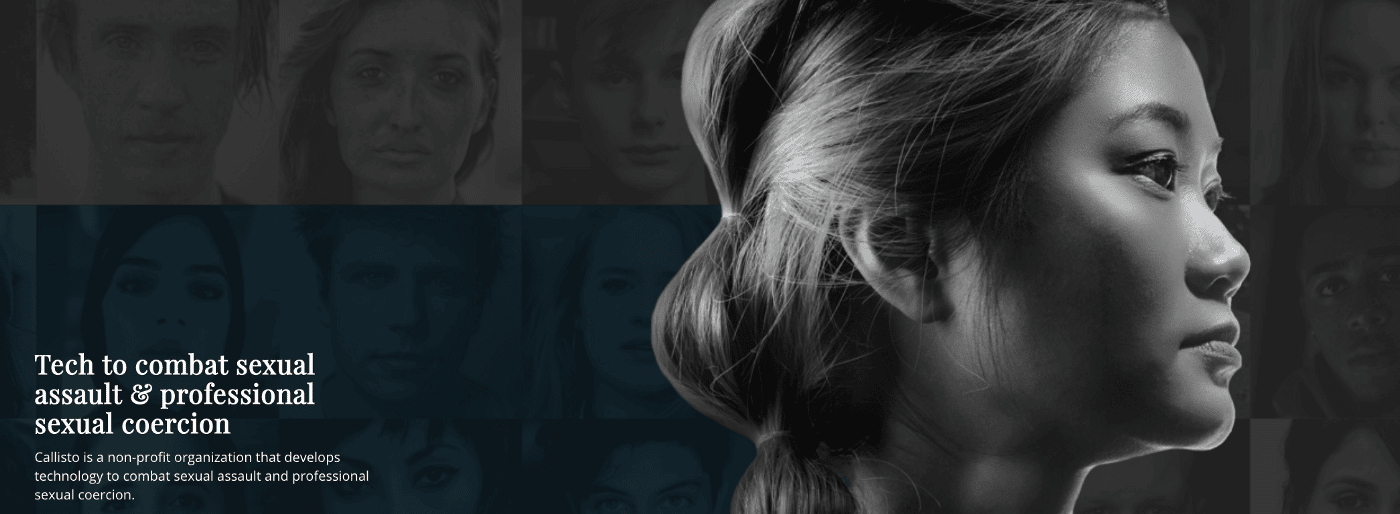
10. All Sides of the Political Spectrum Unite Behind Anti-Corruption, and it’s Working
In early 2012, a small organization called Represent.us launched its first campaign aimed at what it calls “anti-corruption” legislation. More specifically, they set out to reclaim political representation for the people rooted in three main areas: anti-gerrymandering, campaign finance reform, and ensuring every vote counts. Their theory of change is rooted in the tipping point at which state-level laws ultimately lead to federal legislation (e.g. women’s suffrage, interracial marriage, marriage equality, etc.)—they sum it up quite well here. This was a banner year for the organization, getting us one step closer to the representative government we all want, and need.
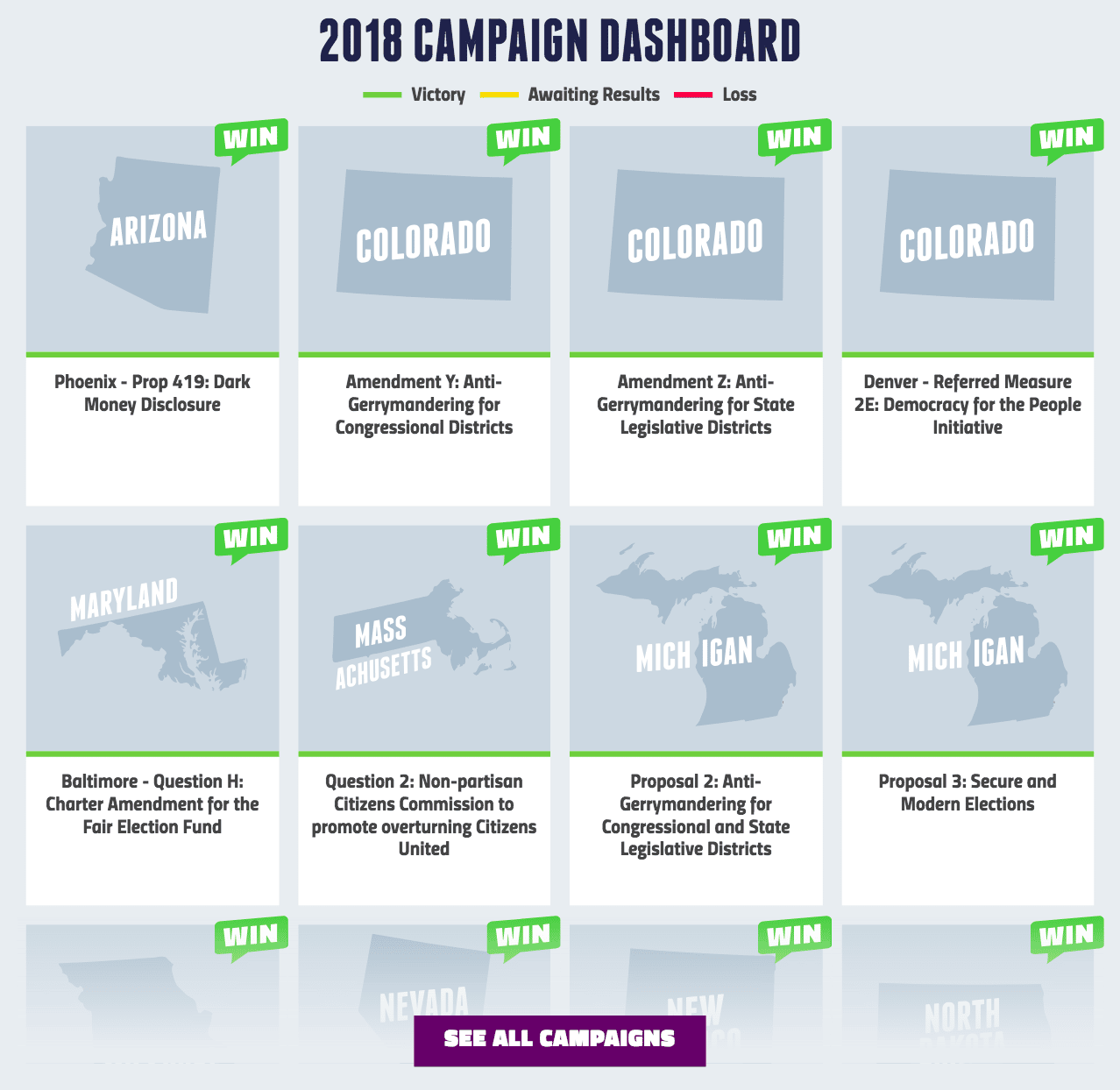
And an eleventh entrant at the eleventh hour…
11. California Buses Go 100% Electric
On December 14th, the California Air Resources Board committed the state to fully transitioning its public bus fleet to electric power by 2040, the first state ever to do so. This will ultimately require 14,000 new zero-emission buses, and an ongoing turnover of more than 1,000 buses per year. To put that into perspective, far fewer than 1,000 electric buses have been delivered nationally in the history of electric buses. With other major locales like New York pursuing similar goals, this is good news both for our friends at Proterra, and the planet.
